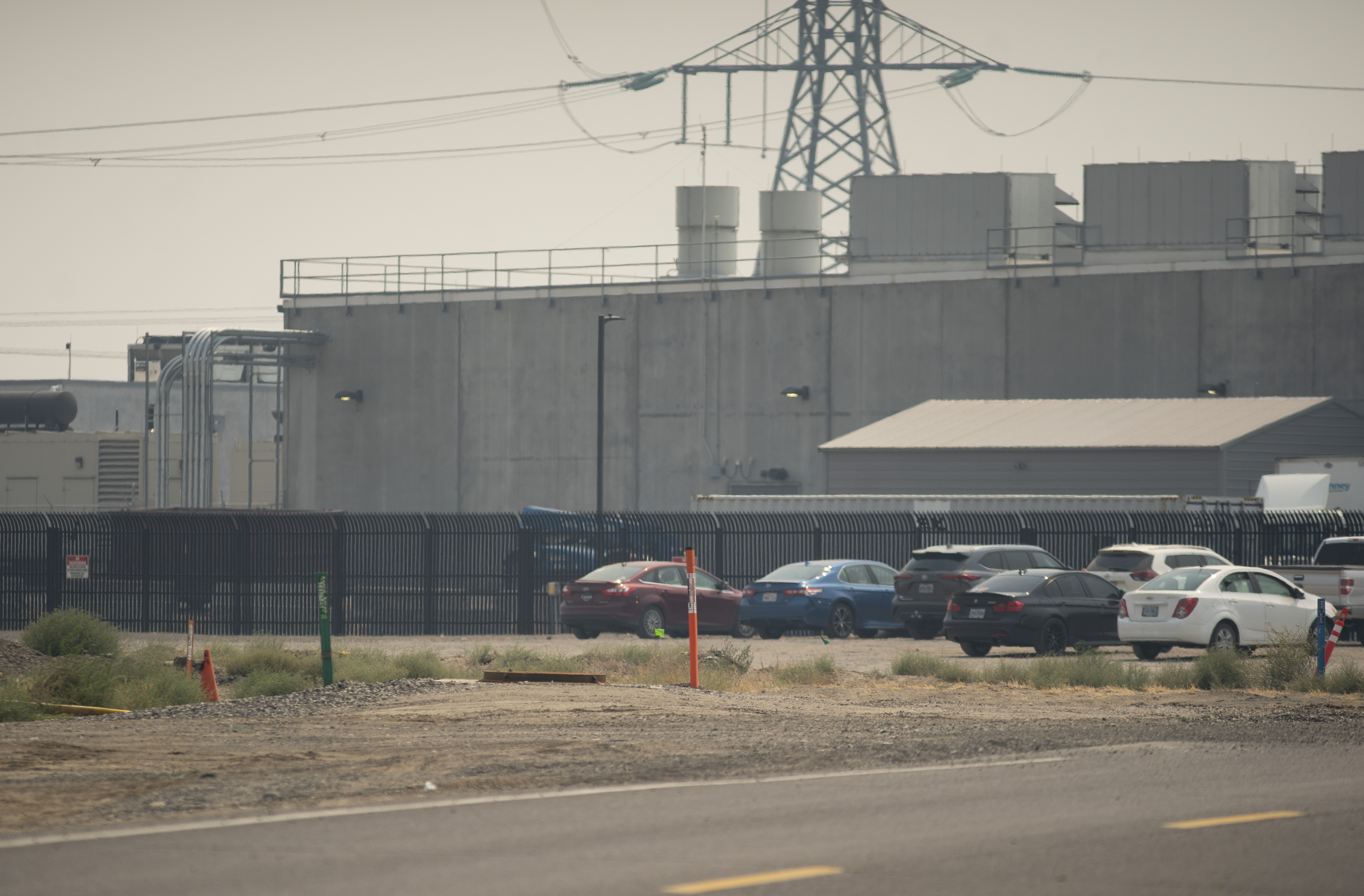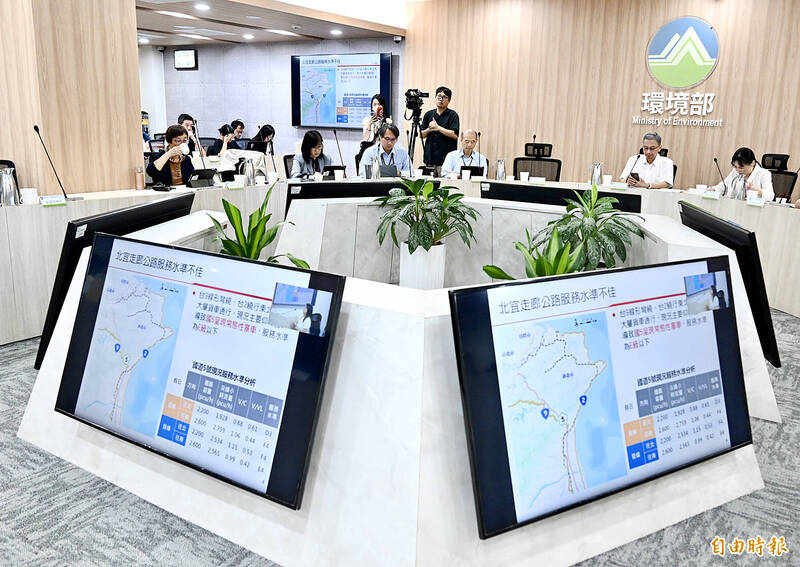Strategic Partnership for Integrated Solid Waste Management in Tamil Nadu
The Government of Tamil Nadu has entered into a strategic partnership with the Indian Institute of Technology-Madras (IIT-M) to advance integrated solid waste management across the state. A Memorandum of Understanding (MoU) was signed between the Clean Tamil Nadu Company Limited (CTCL), a state government entity, and IIT-M, positioning the academic institution as a key knowledge partner. This collaboration is a central component of the state’s ‘Thuimai Iyakkam’ (Clean Tamil Nadu Movement) and is designed to leverage advanced technology for the scientific management and recycling of municipal and rural solid waste.
Aligning with Sustainable Development Goals (SDGs)
This initiative directly addresses several United Nations Sustainable Development Goals (SDGs), demonstrating a commitment to creating sustainable, healthy, and resilient communities.
SDG 11: Sustainable Cities and Communities & SDG 12: Responsible Consumption and Production
The core objective is to improve municipal waste management, directly contributing to Target 11.6, which aims to reduce the adverse per capita environmental impact of cities. By focusing on scientific segregation, processing, and recycling, the project also strongly supports Target 12.5, which calls for substantially reducing waste generation through prevention, reduction, recycling, and reuse.
SDG 17: Partnerships for the Goals
The MoU exemplifies Target 17.17 by fostering an effective public-academic partnership. The collaboration between the state government (CTCL) and a leading academic institution (IIT-M) is crucial for building capacity and implementing innovative, evidence-based solutions for sustainable development.
Broader Impacts on Health, Education, and Environment
- SDG 3 (Good Health and Well-being): Proper waste management mitigates pollution and reduces health risks associated with unmanaged waste, contributing to public health and well-being.
- SDG 4 (Quality Education): The partnership includes a mandate for IIT-M to help inculcate awareness in schools and colleges, promoting education for sustainable development.
- SDG 6 (Clean Water and Sanitation): By preventing improper waste disposal, the initiative helps protect water sources from contamination, supporting the goal of ensuring clean water and sanitation for all.
Key Objectives and Implementation Plan
The collaboration will focus on several strategic areas to achieve its goals. IIT-M’s role as the academic and knowledge partner for all 37 districts involves a multi-pronged approach:
- Innovative Solutions: Developing and applying advanced technological solutions for the segregation, processing, and handling of both current and future waste streams.
- Data-Driven Planning: Creating a comprehensive data bank that catalogues waste management infrastructure, waste generation volumes, and waste composition at the village panchayat level. This data will inform policy and operational planning.
- Pilot Projects: Rolling out localized pilot projects to test and refine waste segregation and management models before wider implementation.
- Educational Outreach: Acting as an academic partner to design and support awareness campaigns in educational institutions, fostering a culture of environmental responsibility.
Future Initiatives and Preliminary Results
Expansion and Action Plan
The state government intends to further strengthen its knowledge base by establishing a similar partnership with Anna University. A detailed action plan for the statewide initiative will be formulated following comprehensive discussions with experts from partner institutions.
Initial Successes
A preliminary government office clean-up drive has already demonstrated the potential of systematic waste management. The drive resulted in the collection of 600 tonnes of waste, most of which was sold, generating revenue of ₹77 lakh. A second round of this clean-up initiative is scheduled for August.
1. Which SDGs are addressed or connected to the issues highlighted in the article?
The article on the collaboration between the Tamil Nadu government and IIT-Madras for solid waste management addresses several Sustainable Development Goals (SDGs). The primary focus on waste management, recycling, and public awareness directly connects to the following goals:
- SDG 11: Sustainable Cities and Communities: The initiative aims to manage “municipal and rural solid waste” across “37 districts” and “village panchayats,” which is central to creating cleaner and more sustainable living environments.
- SDG 12: Responsible Consumption and Production: The core of the project is to “scientifically manage and recycle” waste and “substantially reduce waste generation.” This aligns with promoting sustainable production and consumption patterns by minimizing waste.
- SDG 4: Quality Education: The partnership includes a component where IIT-M will act as “academic partners to inculcate awareness in schools and colleges,” directly contributing to education for sustainable development.
- SDG 17: Partnerships for the Goals: The entire initiative is built on a partnership, as the “Tamil Nadu govt and IIT-Madras have joined hands” and signed a “memorandum of understanding (MoU).” This exemplifies a multi-stakeholder collaboration between government and academia to achieve sustainable development.
2. What specific targets under those SDGs can be identified based on the article’s content?
Based on the activities described in the article, the following specific SDG targets can be identified:
-
SDG 11: Sustainable Cities and Communities
- Target 11.6: “By 2030, reduce the adverse per capita environmental impact of cities, including by paying special attention to air quality and municipal and other waste management.” The article’s focus on managing “municipal and rural solid waste” through the ‘Thuimai Iyakkam’ (Clean Tamil Nadu Movement) directly addresses this target by aiming to improve waste management across the state.
-
SDG 12: Responsible Consumption and Production
- Target 12.5: “By 2030, substantially reduce waste generation through prevention, reduction, recycling and reuse.” The project’s goal to “scientifically manage and recycle municipal and rural solid waste” and “segregate, process, and handle” waste is a direct effort to achieve this target. The mention of selling collected waste also points towards reuse and recycling.
-
SDG 4: Quality Education
- Target 4.7: “By 2030, ensure that all learners acquire the knowledge and skills needed to promote sustainable development…” The plan for IIT-M to “inculcate awareness in schools and colleges” on waste management is a clear action towards fulfilling this target by educating the younger generation on sustainable practices.
-
SDG 17: Partnerships for the Goals
- Target 17.17: “Encourage and promote effective public, public-private and civil society partnerships…” The collaboration established through a “memorandum of understanding (MoU)” between the “Clean Tamil Nadu Company Limited (CTCL)” (a government entity) and “IIT-M” (an academic institution) is a perfect example of the public-academic partnership promoted by this target. The plan to also “tie up with Anna University” further reinforces this.
3. Are there any indicators mentioned or implied in the article that can be used to measure progress towards the identified targets?
Yes, the article mentions or implies several quantitative and qualitative indicators that can be used to track progress:
- Indicator for Target 11.6 & 12.5: The plan to “create a data bank of infrastructure, waste generated, and types of waste in village panchayats” is a direct step towards establishing a baseline for measuring the proportion of waste managed.
- Indicator for Target 12.5: A specific metric is provided from a past event: “we collected 600tonne and sold most of the waste worth 77lakh.” This demonstrates a measurable outcome of waste collection and its economic value, serving as an indicator of recycling and reuse efforts. The amount of waste collected (in tonnes) and revenue generated from selling waste can be used as recurring progress indicators.
- Indicator for Target 4.7: While not a number, the implementation of programs to “inculcate awareness in schools and colleges” is a key activity. Progress could be measured by the number of schools and colleges participating in these awareness programs or the development of specific educational modules.
- Indicator for Target 17.17: The formalization of the partnership through the “memorandum of understanding (MoU)” is a clear indicator. The number of such partnerships formed (e.g., the planned tie-up with Anna University) can also be used to measure progress in building collaborations.
4. Table of SDGs, Targets, and Indicators
| SDGs | Targets | Indicators Identified in the Article |
|---|---|---|
| SDG 11: Sustainable Cities and Communities | Target 11.6: Reduce the adverse per capita environmental impact of cities, paying special attention to municipal and other waste management. | Creation of a “data bank of infrastructure, waste generated, and types of waste in village panchayats.” |
| SDG 12: Responsible Consumption and Production | Target 12.5: Substantially reduce waste generation through prevention, reduction, recycling and reuse. | – Amount of waste collected (e.g., “600tonne”). – Economic value of recycled/sold waste (e.g., “worth 77lakh”). |
| SDG 4: Quality Education | Target 4.7: Ensure all learners acquire knowledge and skills needed to promote sustainable development. | Implementation of programs to “inculcate awareness in schools and colleges.” |
| SDG 17: Partnerships for the Goals | Target 17.17: Encourage and promote effective public, public-private and civil society partnerships. | – Formal agreement signed (“memorandum of understanding (MoU)”). – Number of academic institutions engaged (IIT-M, and planned tie-up with Anna University). |
Source: timesofindia.indiatimes.com






